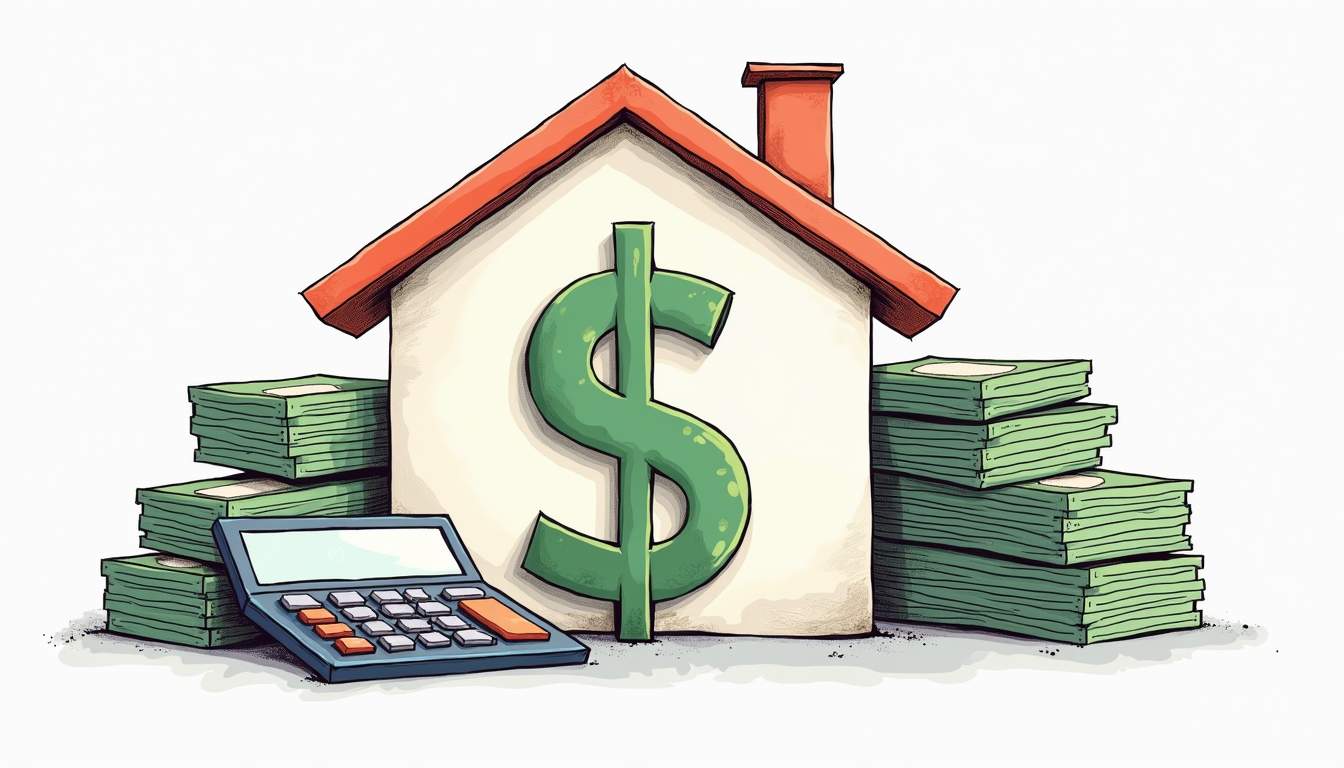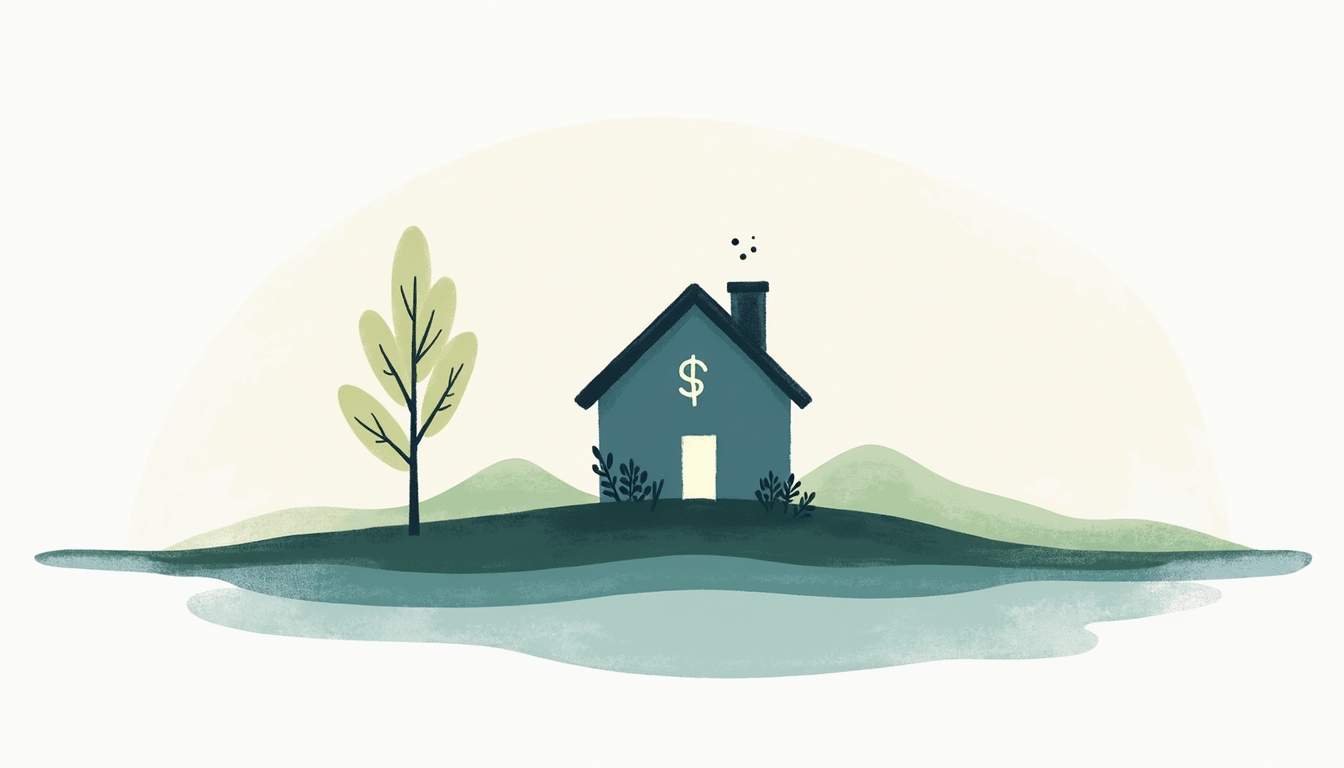
In the competitive world of real estate, cash buyers have become increasingly prominent. These buyers typically have the financial means to purchase properties outright without the need for financing, which can make them attractive to sellers. But how much do cash buyers actually offer for houses? Understanding this can be crucial for both sellers looking to maximize their profits and buyers seeking to make competitive offers. This article delves into the factors that influence cash offers and provides insights into what sellers can expect.
Cash offers can be particularly appealing in the real estate market for several reasons. For sellers, these offers often provide a sense of security and speed in the transaction process.
One of the most significant advantages of cash offers is the speed at which a transaction can be completed. Without the need for mortgage approval, inspections, or appraisals that often delay traditional sales, cash transactions can close in as little as a week. This quick turnaround can be especially beneficial for sellers who need to relocate quickly or are facing financial difficulties.
Moreover, cash offers eliminate the uncertainty that comes with financing. Sellers can feel confident that the deal will not fall through due to financing issues, which can be a common problem in traditional sales. This reliability can be particularly comforting in a fluctuating market where buyers may be uncertain about their financial situations or the availability of loans.
Cash buyers often present offers with fewer contingencies compared to those relying on financing. This means that sellers are less likely to encounter complications that could derail the sale. For instance, cash buyers might waive inspection contingencies, which can streamline the process and reduce the time spent negotiating repairs.
This simplicity can make cash offers more attractive, as sellers can avoid the potential headaches associated with traditional financing methods. Additionally, the absence of financing contingencies often leads to a smoother negotiation process, allowing sellers to focus on other aspects of their move rather than getting bogged down in lengthy discussions about loan approvals or appraisal values. Sellers can also benefit from the peace of mind that comes with knowing their property will not be subject to last-minute financing hurdles, allowing them to plan their next steps with greater confidence.
Furthermore, cash offers can sometimes lead to a more favorable selling price. Sellers may be willing to accept a slightly lower price in exchange for the quick and hassle-free nature of a cash transaction. This can create a win-win situation where both parties feel satisfied with the outcome, especially in competitive markets where time is of the essence. In essence, the allure of cash offers extends beyond just the speed and certainty; it can also foster a more amicable and efficient selling experience overall.
While cash offers are often appealing, the amount cash buyers are willing to pay can vary significantly based on several factors. Understanding these elements can help sellers gauge what to expect when receiving cash offers.
The state of the real estate market plays a crucial role in determining cash offers. In a seller's market, where demand exceeds supply, cash buyers may offer higher prices to secure a property quickly. Conversely, in a buyer's market, where there are more homes available than buyers, cash offers may be lower as buyers have more negotiating power.
Additionally, local market trends can impact cash offers. For instance, in areas experiencing rapid growth or development, cash buyers may be willing to pay a premium for properties, anticipating future value appreciation.
The condition of the property itself is another significant factor influencing cash offers. Homes that require extensive repairs or renovations may receive lower offers from cash buyers, as they factor in the costs of necessary improvements. Conversely, well-maintained properties may attract higher offers, as cash buyers are often looking for move-in ready homes.
Furthermore, unique properties or those in desirable locations may command higher cash offers, as buyers are willing to pay a premium for specific features or locations.
The seller's motivation can also impact the cash offers they receive. Sellers who are eager to close quickly may be more inclined to accept lower offers, especially if they are facing financial difficulties or personal circumstances that require a fast sale. On the other hand, sellers who are not in a rush may hold out for higher offers, creating a more competitive environment.
Understanding the seller's situation can provide valuable insight for cash buyers looking to make competitive offers.
While cash offers can vary widely based on the factors mentioned above, it can be helpful to look at some general trends regarding typical cash offer amounts.
Cash offers often range from 70% to 90% of the property's market value, depending on the condition of the home and the local market conditions. In competitive markets, cash buyers may offer closer to the full market value, while in less competitive areas, offers may lean towards the lower end of that spectrum.
For instance, a cash buyer may offer 80% of the market value for a home that needs significant repairs, while a well-maintained property in a desirable neighborhood might see offers closer to 90% or even higher.
It's essential to differentiate between offers from real estate investors and those from owner-occupants. Investors often aim for lower prices, as they factor in renovation costs and their desired profit margins. Consequently, an investor's cash offer may be significantly lower than that of a buyer looking to make the property their primary residence.
In many cases, owner-occupants may be willing to pay a premium for homes they intend to live in, resulting in higher cash offers compared to those from investors.
For sellers looking to attract cash buyers, there are several strategies that can enhance the appeal of their property. Implementing these tactics can lead to more competitive offers and a smoother selling process.

First impressions matter, especially in real estate. Improving the curb appeal of a property can make it more attractive to cash buyers. Simple enhancements such as landscaping, fresh paint, and minor repairs can significantly impact how potential buyers perceive the home.
A well-maintained exterior signals to cash buyers that the property is cared for, which can translate to higher offers.
Transparency is key when dealing with cash buyers. Providing potential buyers with a clear understanding of the property's condition can build trust and lead to more competitive offers. Sellers should consider obtaining a pre-inspection report to address any issues upfront and provide documentation to buyers.
By being open about the property's strengths and weaknesses, sellers can attract serious cash buyers who appreciate honesty and are willing to make fair offers.
Effective marketing can also play a significant role in attracting cash buyers. Utilizing professional photography, virtual tours, and well-written listings can showcase the property's best features. Additionally, leveraging social media and online platforms can increase visibility and reach a broader audience.
Engaging with local real estate agents who have experience with cash transactions can also help sellers navigate the market and attract the right buyers.
Once a seller receives a cash offer, understanding how to navigate the process is essential for a successful transaction. Here are some key steps to consider.

When evaluating a cash offer, sellers should carefully review the terms and conditions. This includes not only the offer amount but also any contingencies, closing timelines, and requested repairs. It's crucial to compare multiple offers, if available, to determine which one aligns best with the seller's goals.
Consulting with a real estate professional can provide valuable insights during this evaluation process, ensuring that sellers make informed decisions.
Negotiation is a standard part of the selling process, even with cash offers. Sellers may choose to counter an offer if they believe it doesn’t reflect the property's value or if they want to adjust specific terms. Being flexible and open to negotiations can lead to a mutually beneficial agreement.
Effective communication with the buyer can also help clarify expectations and facilitate a smoother negotiation process.
Once an offer is accepted, the closing process for cash transactions is typically more straightforward than traditional sales. However, it still involves several steps, including title searches, closing disclosures, and transfer of ownership. Sellers should work with a qualified real estate attorney or agent to ensure all legal requirements are met.
Having a clear understanding of the closing process can help sellers avoid potential pitfalls and ensure a successful sale.
Cash buyers play a vital role in the real estate market, offering sellers speed and certainty in transactions. While the amount cash buyers offer can vary based on numerous factors, understanding these elements can help sellers navigate the process effectively. By enhancing property appeal, being transparent about conditions, and effectively marketing their homes, sellers can attract competitive cash offers.

Ultimately, whether you're a seller looking to maximize your profits or a buyer seeking to make a strong offer, understanding the dynamics of cash transactions can lead to successful outcomes in the real estate market.
Should I Sell My House or Rent It Out?
How to Sell My House Privately: A Step-by-Step Guide
We purchase homes directly from sellers, offering homeowners a quick, straight-forward sale.Contact us for a free valuation and offer.
get my house valuation now